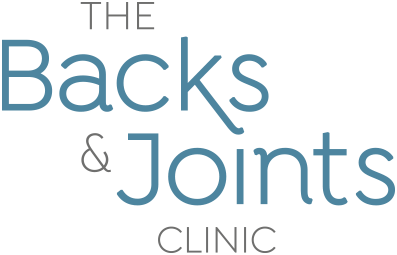The Essentials of Vitamin D
Now that the clocks have altered and there are less daylight hours, our ability to make vitamin D reduces.
That's because we produce vitamin D naturally by exposing our skin to the sun - this is stronger sun above UV3 index. As a rule of thumb if your shadow is shorter than you then you can make vitamin D - in this country that's usually from April to September.
Vitamin D plays a vital role in bone health, so is something we are very interested in here at the clinic. A lack of this vital vitamin stops the absorption of calcium from your diet, which in turn affects your bones and teeth. It also supports a healthy immune system. Whilst this is very important for all of us, it is especially so for the young and the elderly.
Symptoms of low vitamin D:
Deficiency can be hard to diagnose as the symptoms are often associated with a number of other conditions. However, the most common symptoms are:
Persistent aches and stiffness - which can spread or show up in multiple areas
Fatigue
Low mood/behavioural problems
These symptoms can be confused with fibromyalgia or being a 'moody teenager'. In severe deficiency, musculoskeletal care does not often provide relief.
Those with insufficient levels, as opposed to a severe deficiency are not always as obviously affected. Muscle and joint symptoms may not be as obvious and are more spread - 'growing pains'. Mood may not be affected. Musculoskeletal care can initially work well, but is often short lived, with symptoms recurring and no other obvious causes. Low vitamin D levels can also lower your pain threshold which can lead to the pain being perceived as worse over time.
As well as the elderly, people who are obese or from a non-Caucasian background are most at risk. In the UK these groups are all likely to be deficient or at least have insufficient vitamin D levels.
What can you do?
The NHS recommend taking vitamin D supplements during the winter months.
If you suffer from kidney stones taking the vitamin D supplement on its own is not recommended, as it can increase the levels of calcium in your blood. Look at taking it with K2 which aids absorption directly into the bones, thus avoiding the circulatory system.
If you have any doubts please seek medical advice from your GP, or ask us next time you visit.
We have vitamin D and other vitamins available to purchase at the clinic.

